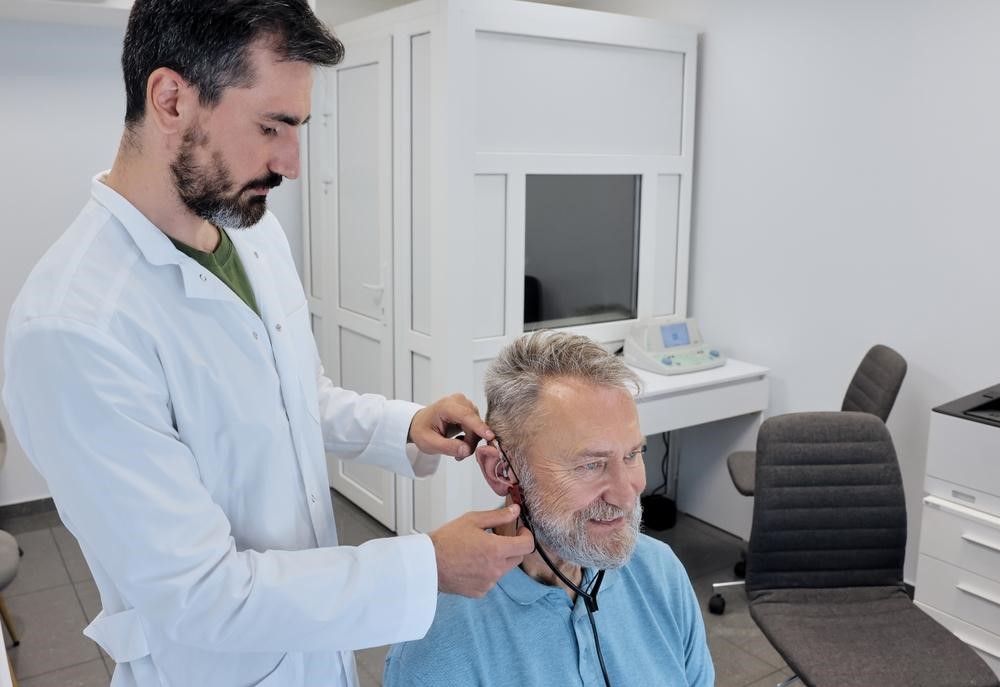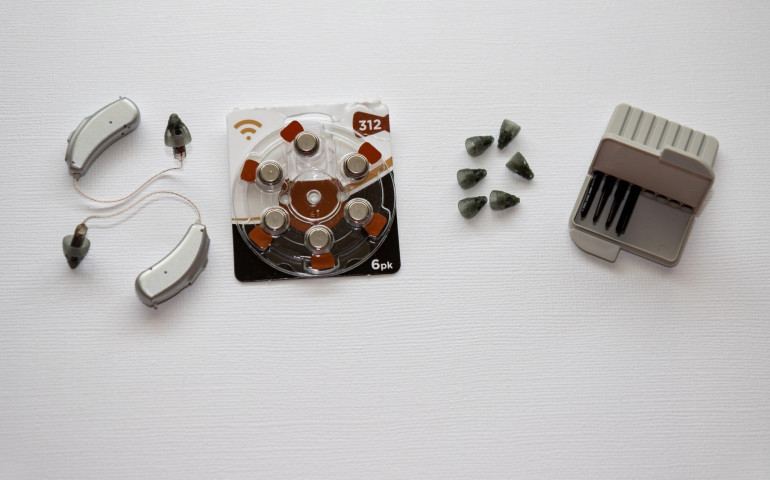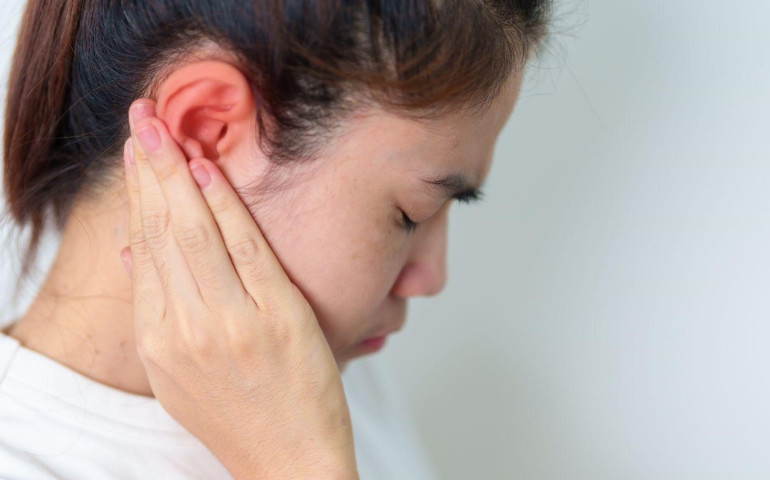If you think you’re struggling with your hearing, it’s important to know what kind of evaluation is right for you. You might not know that different types of hearing tests serve different purposes. Learning the differences between a hearing screening and a test will give you a better understanding of how your hearing is monitored, whether as part of routine wellness or seeking answers to ongoing problems.
What Is a Hearing Screening?
A hearing screening is a quick test that identifies whether a hearing problem exists. Screenings are an excellent first step, but they don’t provide enough detail to diagnose or understand the cause of hearing difficulties.
These quick screenings are typically administered in schools, workplaces, wellness programs, and health fairs. The purpose of a hearing screening is a preliminary way to flag potential issues and recommend follow-up testing.
What Is a Comprehensive Hearing Test?
This is a full diagnostic evaluation that a licensed hearing care specialist performs. They will compile a full history of your hearing health, discuss your symptoms, and perform a physical examination of your ears along with a series of tests. This testing can take anywhere from 30 to 60 minutes and delves deeper into your hearing to identify any issues.
During your comprehensive hearing test, a hearing care professional may perform the following tests:
- Pure-tone audiometry to measure hearing threshold
- Speech recognition testing
- Tympanometry or middle-ear testing
- Otoacoustic emissions testing measures sounds generated by the inner ear
Key Differences Between Screening and Comprehensive Testing
- Screenings only detect potential issues, while comprehensive tests diagnose the type, severity, and cause of hearing loss.
- Screenings are quick and simple, while comprehensive tests use advanced equipment and take longer.
- Screenings are done by a technician, while a licensed hearing specialist or audiologist performs diagnostic testing.
- Screenings may point to the need for further testing, while a comprehensive test leads directly to treatment recommendations.
When is the Right Time For Each Type of Hearing Test?
When a Hearing Screening Is Appropriate
Hearing screenings are a quick way to do a routine hearing check. This type of hearing evaluation is what’s performed in schools and wellness fairs. A hearing screening can offer peace of mind or indicate a need for further testing.
When a Comprehensive Hearing Test Is Necessary
If you fail your hearing screening or notice signs of hearing loss, a more comprehensive evaluation might be necessary. Comprehensive testing is also recommended for anyone with a history of ear infections, significant noise exposure, or a family history of hearing loss. It can give you a more detailed look into your hearing and the issues you’re experiencing.
Why Comprehensive Testing Can Be Life-Changing
While a hearing screening can tell you if there might be a problem, only a comprehensive hearing test can explain what’s really going on. Some of the bigger benefits of a hearing test vs screening are:
- Pinpointing your specific type and degree of hearing loss
- Creating a personalized treatment plan, including recommending hearing aids
- Establishing a baseline to monitor hearing health over time
- Supporting early intervention of any hearing issues before they progress
Get Your Hearing Tested at Beltone DFW
Taking care of your hearing is vital to maintaining your way of life, and the hearing care specialists at Beltone DFW can perform a comprehensive hearing test to determine what your hearing issues mean, as well as help you find the right hearing aid for you.
Our test is personalized to meet your hearing needs and find the best solution possible. Schedule your in-person hearing test at any of our Dallas-Fort Worth locations.






